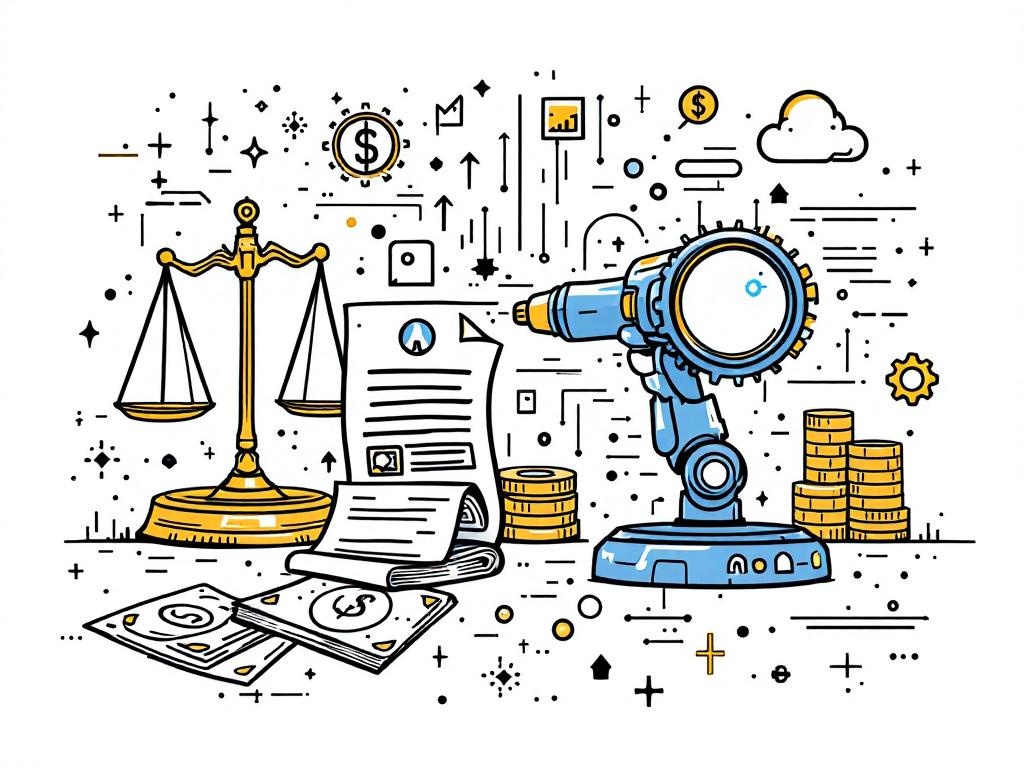AI Drives Major Changes in the Legal Sector Amid Regulatory Interest

New York, Friday, 18 July 2025.
AI is drastically improving efficiency in law firms, prompting regulatory scrutiny over ethics and fair practices.
AI Revolutionizes Legal Processes
Artificial intelligence is transforming the legal industry by significantly improving efficiency in the management of documents and case law research. Tasks that traditionally consumed lawyers’ valuable hours are now streamlined through advanced AI technologies, allowing for faster and more accurate processing of legal documents and case precedents. This capability not only saves time but also reduces costs, potentially altering the income distribution within the profession [1][3].
Impact on Regulatory Frameworks
As AI tools become more integral in legal processes, they prompt necessary reassessments of regulatory standards. This scrutiny arises from questions about ethical practices and fairness in the ubiquitous implementation of AI in legal settings. Regulatory bodies are especially keen on understanding how these technologies might challenge or enhance ethical norms and compliance standards within the legal industry [5][7].
Anticipated Economic Implications
The economic landscape of legal practice is poised for a shift as AI continues to embed itself deeper into industry practices. A significant factor in this transformation is how AI affects the cost structure of legal services, making high-quality legal assistance more accessible to wider segments of the population. This democratization of legal services can potentially lead to increased competition among law firms and alter traditional revenue models, affecting everything from client acquisition to service delivery [1][6].
Future Outlook and Challenges
Looking ahead, the legal profession must navigate the integration of AI with caution to harness its benefits while mitigating risks. The emerging role of AI in the legal sector not only offers transformative opportunities but also presents challenges related to job displacement and maintaining the profession’s ethical core. A future where legal professionals work alongside AI as partners seems inevitable, with ongoing adaptations to both practice and policy expected over the coming years [3][8].
Sources
- www.bloomberg.com
- www.bloomberg.com
- omny.fm
- legaltalknetwork.com
- www.wilmerhale.com
- www.bloomberg.com
- www.law360.com
- www.lexisnexis.com